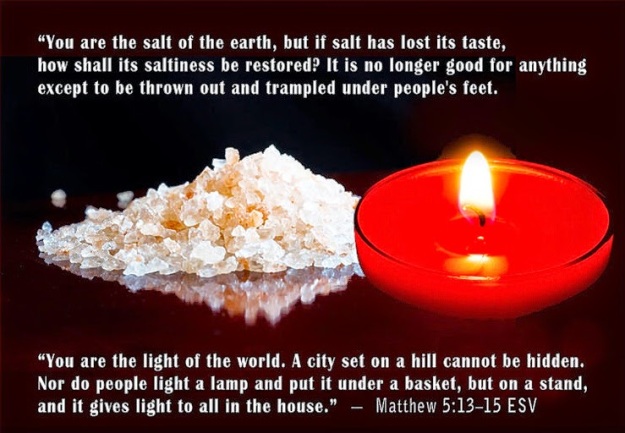 I have two brothers and a sister – all younger than me. Academically, three of us did pretty well: we could read well before we went to school, we passed the 11 plus and got into the local grammar schools where we lived in King’s Lynn in Norfolk.
I have two brothers and a sister – all younger than me. Academically, three of us did pretty well: we could read well before we went to school, we passed the 11 plus and got into the local grammar schools where we lived in King’s Lynn in Norfolk.
One of my brothers was different (and I hope he does not mind me talking about him here). He struggled with his reading, only really getting going when he was about 8 years old – he went to the local secondary modern, and for the first 4 years there achieved little more, academically, than propping up the class with his results. Nothing academic seemed to interest him.
At least that was true until he decided what he wanted to do with his life. He set his heart on being a policeman. He was told that he needed some basic CSEs to get into training college and he began to work, he worked his socks off. He scraped the CSEs he needed and got into Hendon Police Training College in London. He had found something he loved and he was transformed – when he graduated from Hendon he came top of his intake.
Dare I say that he was transfigured by his desire to be a policeman? You may know a similar story of someone you know being changed in quite a dramatic way.
Late in his life, the Cellist and Conductor Pablo Casals was full of arthritis, but even at the age of 90 whenever he picked up his bow and began to play his Cello he was transformed. He became agile and supple – the artist that he had always been – consumed by what he was playing.
Illness and incapacity have been part the experience of many great people – Charles Darwin, Sigmund Freud, Florence Nightingale (she did most of her campaigning from her sick bed) – to mention just a few. For them, like Pablo Casals, when they were engaged in their most brilliant work, the limits which bound them just seemed to fall away.
You see, people can be transfigured in their experience of life. In some cases, out of pain, … beauty, humanity and ingenuity can be born.
And the more mundane of us – you and me?
Our lives too can be transfigured by finding our vocation, the thing that we do well. This is something that many people who have been called to be priests say, it is almost as though they have found themselves in a way that they had not done before. If you are interested, try asking one of us clergy, or perhaps someone else in one of the caring professions, perhaps even try reflecting on your own experience of discovering what you were going to do with your own life.
We’ve read today of Jesus’ transfiguration. … At the transfiguration, Jesus is revealed, as more than a carpenter turned Rabbi; more than a man whose legs ached as he walked round Israel; more than a preacher whose voice could fail after hours of speaking to crowds. More even, than one who could bruise and bleed when tortured and crucified. He’s revealed as God’s Son in human form, truly God and truly human.
We don’t know how Jesus= transfiguration relates to our perhaps lesser experiences of transfiguration. He was, after all, divine as well as human. But through his resurrection, and through our own baptism, we have been promised some share in his divinity. And simply by being human we have a capacity for being more … for being different. When our attention is held, much that’s negative in our lives, seems to get set aside.
It is possible to change, to be different.
Don’t let anyone tell you it isn’t. It is God’s work, and it is an essential part of the Gospel which we believe; that we are not trapped, not held captive by our past or by our present. This is a theme of our Gospel reading as we approach Lent. Transformation, transfiguration, is possible for us who follow Jesus. Not just momentary transfiguration, but transformation that will affect and change our future.
We know that this happened to Peter, James and John – cowering, frightened men became powerful proponents of the Gospel, fearlessly facing danger and death because they had been transfigured, transformed by the love of God. Jesus momentary experience became their permanent experience. The Gospels ask us to believe that the same can happen for us, as we let God work in our lives.



 What about us? What do people see when they look at us? Do we obscure the light? Or do others see people who are different, who are making a difference? Do they see people who reveal God’s love, God’s peace, God’s joy and God’s hope? Do they see people who are salt and light to the world?
What about us? What do people see when they look at us? Do we obscure the light? Or do others see people who are different, who are making a difference? Do they see people who reveal God’s love, God’s peace, God’s joy and God’s hope? Do they see people who are salt and light to the world?